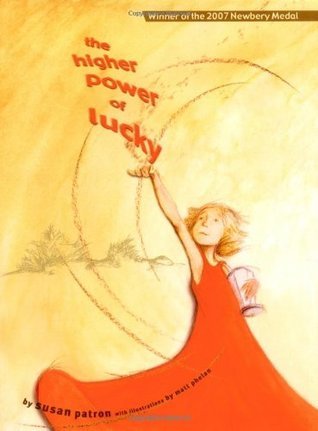What doyouthink?
Rate this book


144 pages, Hardcover
First published November 7, 2006
“It made her feel discouraged, like if you took the word apart into two sections of dis and couraged. It was getting harder and harder to stay couraged.” –The Higher Power of Lucky